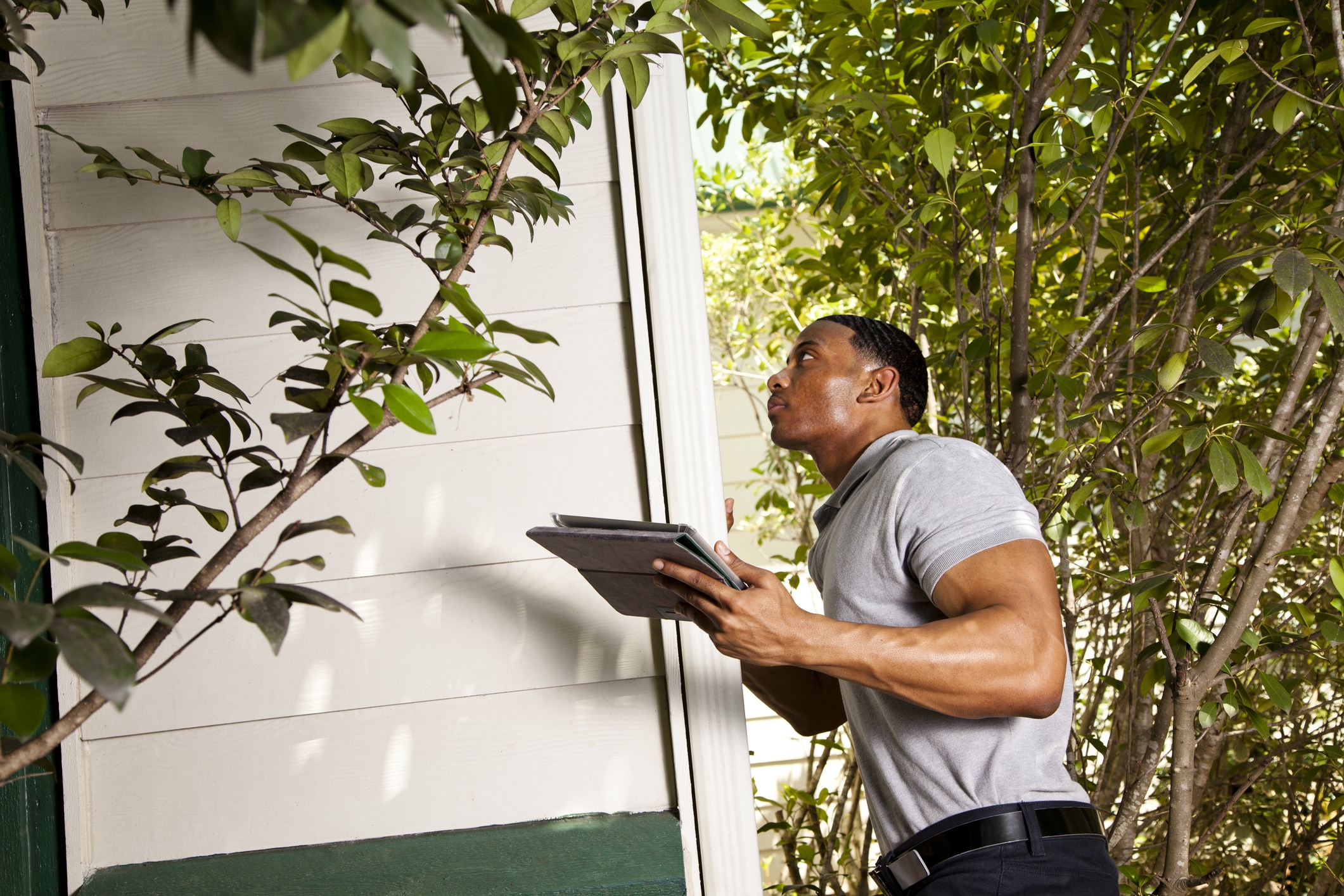Once the seller has accepted your offer to buy a home, you must take one significant step before closing, and that is the home inspection. It is a pivotal point that most home purchase agreements include as a contingency that lets you make informed decisions in case major issues are discovered within the property during home inspections. You can either ask the seller to make repairs, negotiate the buying price of the property, or simply back off from the deal.
On the other hand, if the inspector finds minor issues within the home, then you shall not consider backing off from the deal. However, you can still ask the seller to fix them or pay you if you fix them while moving in (remember, the issues need to be minor for making such a demand).
In the following blog, we will look at the home inspection process more thoroughly and how it can help you have assurance with the home buying process.
Here is a look at the home inspection process and how you can use it to your advantage when buying a home.
What Is a Home Inspection?
A home inspection is simply the best way to protect the property you plan to buy. These are conducted by a home inspector who thoroughly reviews the home’s most crucial components, such as:
· Structure
· Roof
· Air conditioning
· Furnace
· Electrical systems
You can expect the inspection to take at least two hours, and it is often conducted after the seller has accepted your offer to buy the house. But make sure to get a home inspection BEFORE closing the deal and AFTER signing the purchase agreement. This gives you enough time to let the home inspector conduct the home inspection and provide you with a report before the closing date. If you schedule an early inspection, it will be easier for you to conduct any follow-up inspections if needed.
Home Inspection vs. Appraisal
As a buyer, you get the assurance through the home inspection in Jacksonville, FL, but your lender schedules a home appraisal. The way you need a home inspection to thoroughly review the property’s condition. Likewise, the lender needs home appraisals to estimate the property’s value.
Also, if you wish to buy a home using an FHA loan, then the appraisal also includes a home inspection. The U.S. Department of Housing and Urban Development (HUD) requires appraisers to search for issues that involve health and safety. The loan application is then put on hold until the seller solves the problems identified. However, you – as a homebuyer – are also encouraged to get your own home inspection, especially if you are buying your house using a FHA loan.
How to Hire a Home Inspector?
The best way to find a home inspector is by asking for recommendations from your real estate agent, family, or friends. If they don’t know any home inspector in Jacksonville, FL, then you can check them up online, but make sure to thoroughly read the reviews and ratings.
Also, the American Society of Home Inspectors (ASHI) has a Find An Inspector tool that you can use to get reliable inspectors. The same goes for the International Association of Certified Home Inspectors (InterNACHI). You can also use these websites to double-check on the inspectors you have shortlisted.
What to Ask a Home Inspector
Before you hire a home inspector in Jacksonville, FL, it is better to ask them a few questions to get more clarity. If you have some questions or if you’re simply curious, you don’t have to hesitate to clear your concerns. You can either directly ask the inspector or contact a company that has a team of inspectors. For example, Pro-Spect is a top-rated company in Jacksonville, FL, that is always eager to clear your doubts and concerns regarding home inspections and home inspectors.
If you are still unsure about what exactly to ask, here are some of the questions to help you out:
· Please brief me about your inspection process.
· When can I schedule an inspection?
· When will I get the inspection report post-inspection?
· Will the report be emailed to me, or do I need to pick it up? How will I get it exactly?
· Please share some of the references for your inspector/company
· Is the inspector particularly experienced with the residential home inspections?
· What is the scope of the inspection?
· How long will the inspection take, and is it okay if I attend it as well?
· What is the cost of home inspection?
Most of the time, it is also smart to schedule an additional inspection, such as for mold, radon, pests, and lead. It is better to find an inspector who can perform a general inspection as well as one or two of the additional inspections. But make sure they’re certified and experienced.
What a Home Inspector Looks For
During a home inspection, a home inspector looks at every part of the house, from the basement to the roof; they cover it all. Besides this, they also look for other issues that might affect the property’s value. Here is a detailed list of what is inspected by the inspector:
· Structure
· Electricity and plumbing
· HVAC
· Kitchen
· Exterior
· Roof
· Attic
· Basements
How Long Does a Home Inspection Take?
There is no defined time for the inspection, as it depends on the size of the property and the surrounding land. However, it can take at least two hours as the inspector needs to be thorough and look into each area of the home.
It will be best if you attend the home inspection so that you get to experience all the findings first-hand and ask the questions you’re curious about right then and there. Yes, the inspector’s findings will be included in the inspection report, but a first-hand look will help you determine the seriousness of the issues and decide on further steps.
Your real estate agent can also attend the home inspection in Jacksonville, FL. This will allow you to have another perspective on the discovered issues, and they can also recommend the steps to take.
Conclusion
After reviewing your home inspection report, plan a discussion with your real estate agent and lawyer, if applicable. Begin by prioritizing the issues—focusing on the most significant defects rather than minor ones. Also, estimate the cost of necessary repairs, such as fixing a foundation crack or addressing mold, to determine a reasonable amount to request from the seller. Be prepared to compromise; decide if certain repairs must be completed before you move in or if you can accept a financial concession to handle the repairs yourself post-move.
Lastly, ensure any agreed-upon repairs are verified through a follow-up inspection. If the seller refuses to address critical issues, consider backing out of the purchase, provided you have the necessary contingencies. A home inspection is crucial for uncovering potential problems, allowing you to make informed decisions and avoid unexpected expenses after moving in.
If you want to learn more about home inspections and how they can benefit your home-buying process, reach out to Pro-Spect Inspection Services. We’re here to provide you with the information you need to make confident decisions about your future home.




